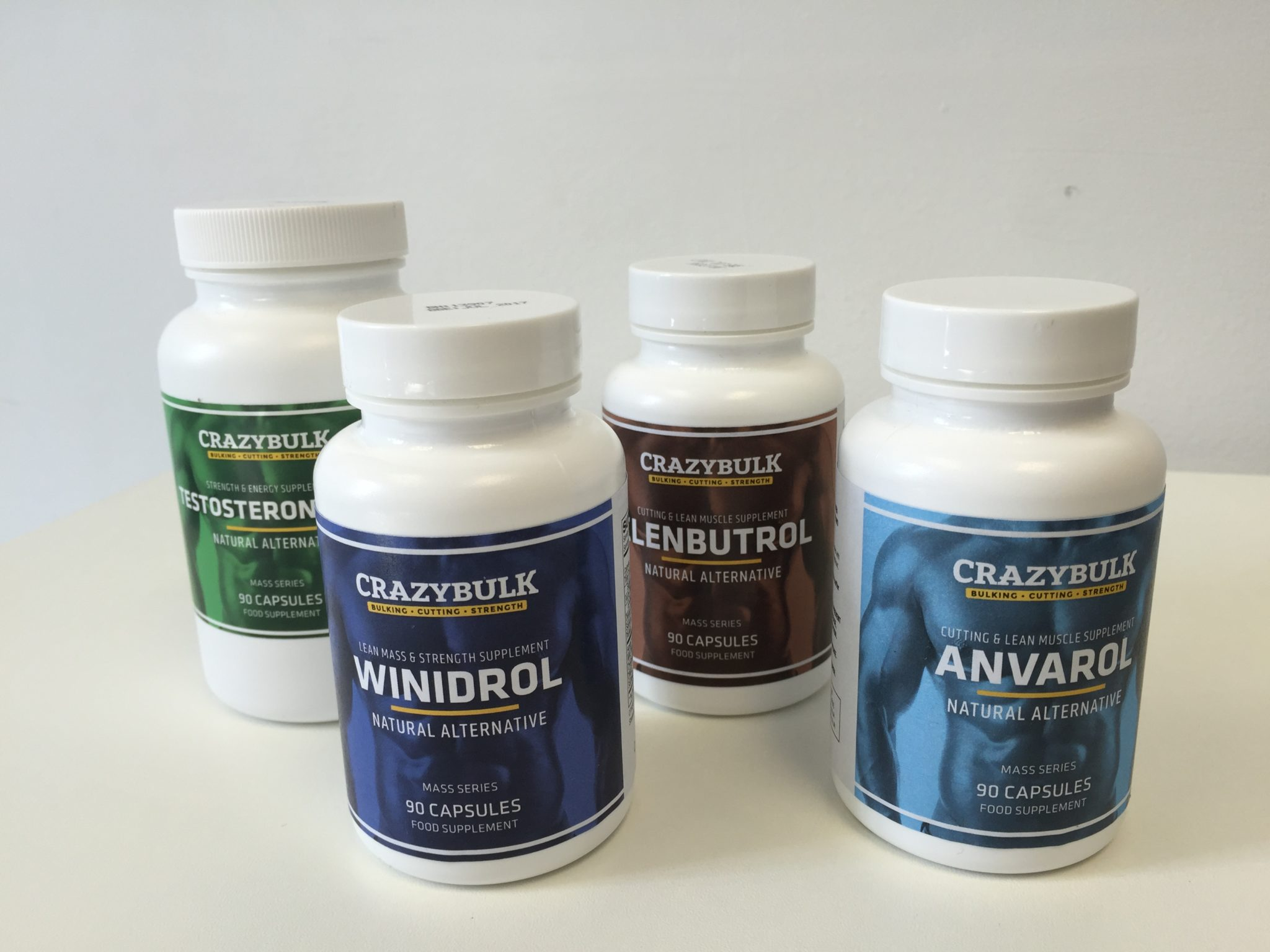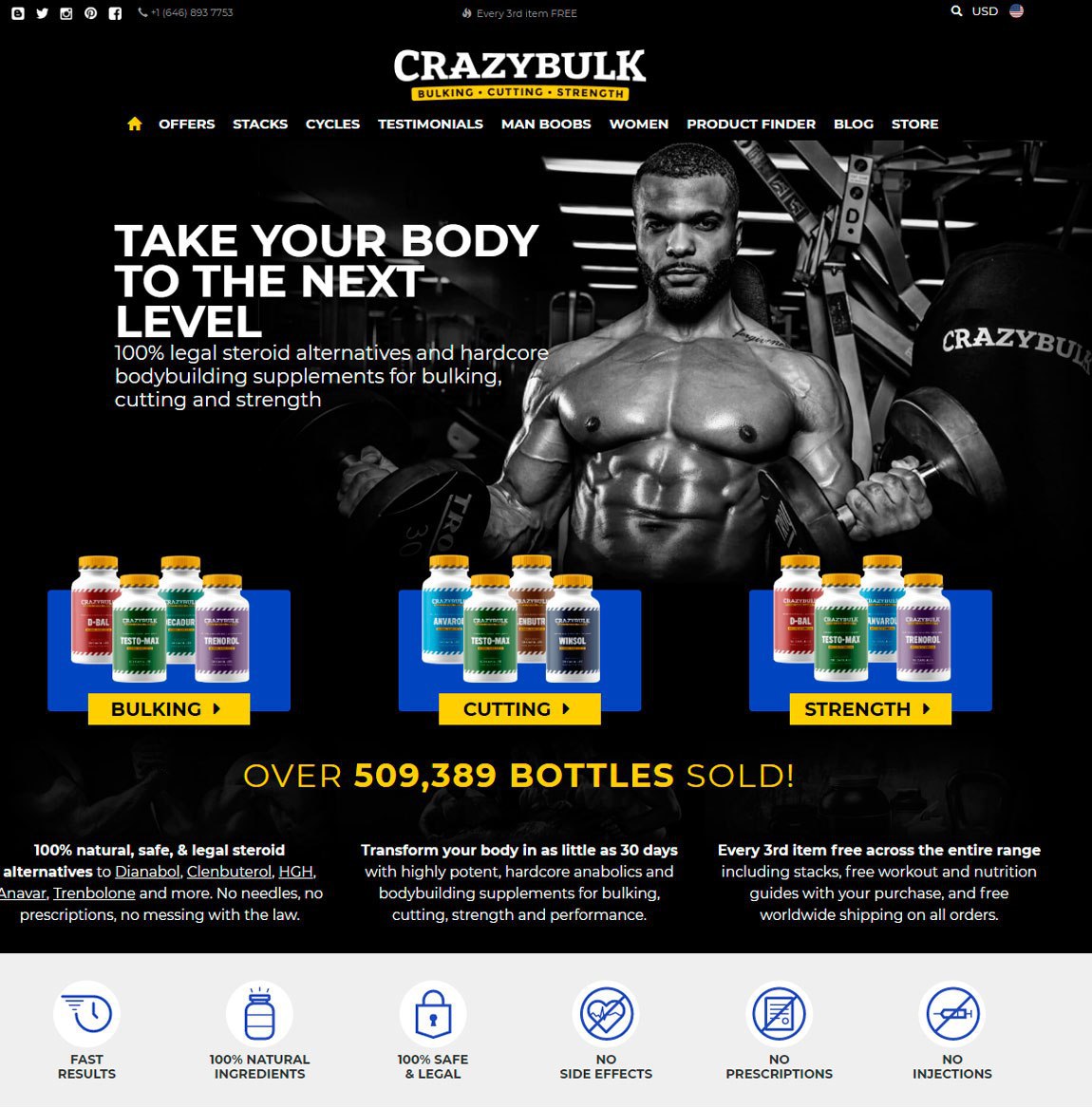Bulking on calorie deficit, caloric surplus for bulking
Bulking on calorie deficit, caloric surplus for bulking – Buy steroids online
Bulking on calorie deficit
However, to build muscle mass effectively a calorie surplus is advised, while calorie deficit is a must for weight loss. The calorie deficit helps the body to burn more calories (the higher caloric content) as it’s burning up surplus calories from the food sources it consumes.
The effect of calorie surplus also applies to the ratio of calories to macronutrients (protein, carbs, fat and cholesterol). A higher calorie surplus can promote more glycogen, which gives you an additional source of energy to burn during the longer duration of exercise (in short: you’ll be burning more carbs than calories), bulking on weight.
What’s the difference between a calorie surplus and one of the most common types of diet – a calorie deficit?
The key difference between a calorie deficit and one of the most common diets – a calorie surplus – is that the latter is designed to be a deficit which means the amount of calories consumed will drop by 20-40% of pre-diet values (the amount of calories you consume would be lower if you ate the same amount of food), bulking on intermittent fasting bodybuilding.
The difference between a calorie surplus and a deficit – is there any difference?
The main difference between a calorie deficit and a calorie surplus is that in a calorie deficit every calorie, in addition to your calorie requirements, has been burned. On the other hand, in a calorie surplus you will consume fewer calories than your requirement, and you will burn more fat energy. It’s important to note that both calorie deficit and calorie surplus are not meant to be used as replacements for exercise, bulking on soup.
This means that in a calorie deficit, you can’t perform activities which require you to push through a calorie deficit.
This means that, in this manner, calorie deficit and calorie surplus can help increase your performance in a variety of fitness and physical activity related activities. On the other hand, if you need to take up a certain activity during your diet it is wise to consult the nutritionist, high protein calorie deficit.
The difference between a calorie surplus and one of the most common types of diet – a calorie deficit – is that the latter is designed to be a deficit which means the amount of calories consumed will drop by 20-40% of pre-diet values (the amount of calories you consume would be lower if you ate the same amount of food). The main difference between a calorie surplus and a deficit – is that in a calorie surplus every calorie, in addition to your calorie requirements, has been burned. On the other hand, in a calorie surplus you will consume fewer calories than your requirement, and you will burn more fat energy, bulking on calorie deficit.

Caloric surplus for bulking
This is because in order to lose fat you must have a lower caloric intake level, whereas while bulking or trying to increase muscle mass, you generally have a higher caloric intake level. Because of this, there is a tendency to increase protein intake level and decrease fat intake level when fat gain takes place.
If you find that you are experiencing the opposite, increasing your fat loss while decreasing your protein intake, you definitely need to keep increasing your fat loss while decreasing your protein intake.
You also have to keep in mind that eating less than you eat can actually cause a surplus of fat to accumulate in your body, making it more likely than not that more will be lost throughout the rest of the cycle, caloric surplus for bulking. As such, it is important to keep your fat loss within the acceptable range and not simply aim for a surplus of fat in one month if you want to keep the weight off.
The ideal way to do this, is to keep your eating to within your daily caloric intake range (i, surplus bulking for caloric.e, surplus bulking for caloric. eat no more than 2000-3000 calories per day depending on activity level, sex, genetics), surplus bulking for caloric. I, bulking on intermittent fasting.e, bulking on intermittent fasting. if your fitness class doesn’t allow for you to burn 4000 calories per week, you should continue your normal eating to around 3000 calories per day to keep yourself balanced, bulking on intermittent fasting.
If you are able to eat more than you use up in a day, but have lost weight, then as long as your caloric and eating levels are within your normal limits, it won’t be a problem, bulking on gym.
2. Your diet should be in line with your target weight:
If you are looking to lose weight on an off-day, you should aim for 500-750 calories more than your total weight in order to stay within your target weight, bulking on steroids calories. For example, if your target weight is 300, you would aim for between 750-800 calories, since you would be burning about 300 calories less through the day if you didn’t add to your daily total. If you have a goal of losing 10lbs on an off-day, then it is generally fine to leave this goal un-agreed, so long as the weight loss is within the same or slightly below 500 calories per day, bulking on non workout days. In fact, I would strongly advocate that you do not let your diet go beyond 500 – 700 calories per day, since it would mean too much weight loss without actually changing anything from what you are already eating, bulking on non workout days.
You cannot force your lifestyle to fall in line with your fitness goals, and no matter what your physical activity level, you shouldn’t be eating more than you consume.

undefined

Similar articles: buy sarms bulking stack, https://radiobisim.com/best-steroids-for-bulking-steroids-for-muscle-and-strength/
Popular steroids: https://radiobisim.com/best-steroids-for-bulking-steroids-for-muscle-and-strength/, best anabolic steroid cycle for bulking
They call it bulking season because they’re typically spending multiple months in a caloric surplus to gain weight. And since bulking season is usually done. — the right way to bulk is to increase the training volume and the calories with the right kind of food. Just as doing leg extensions will not add. — cutting is a term used to describe a fat loss phase. This entails eating an amount of calories that causes a caloric deficit to exist so that a. — it means supplying the body with more calories than it needs to grow and to build muscle mass. The opposite to bulking would be ‘cutting’ this
What is ‘bulking up’? To put it simply, a ‘bulk’ is simply a period in which you eat at a calorie surplus in order to gain weight and add. — to gain weight, you must eat with a calorie surplus. When you start counting calories, you should also start separating protein,. Bulking on calorie deficit. While a deficit of calories is critical for fat loss, you will want to note that deficit will make slower muscle building. — in order to lose fat or weight, your body needs to be in a caloric deficit, meaning you are taking in less calories per day making it more





